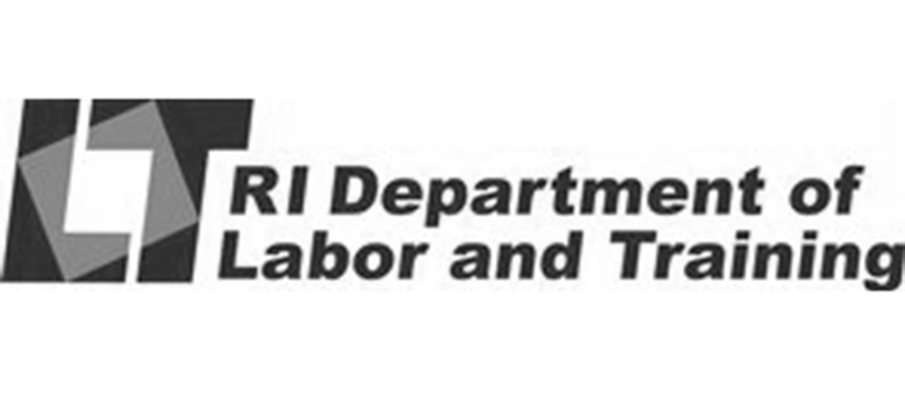Students' intended academic paths after the first year
Program participants enroll in challenging STEM fields at far higher rates than their non-participant peers, but also more than students in general.
Nationally, the new, so-called "Knowledge Economy" is demanding far more workers with STEM credentials than the institutions of higher education are currently granting. Therefore, the RI Access and Persistence programs are also tracking their ability to help non-traditional students not only persist, but choose and complete these valuable degrees.
Broadly, STEM majors include engineering, health, animal science or mathematics. Industry-specific STEM tracks include such areas as computer software engineering, pharmaceutics and drug design, poultry science, and statistics. To see a full definition of all majors included in the STEM category, click here.
General Studies majors are studying to have a broader understanding of all the arts and sciences. All three public postsecondary institutions in RI offer this track, but it is most popular at CCRI.









